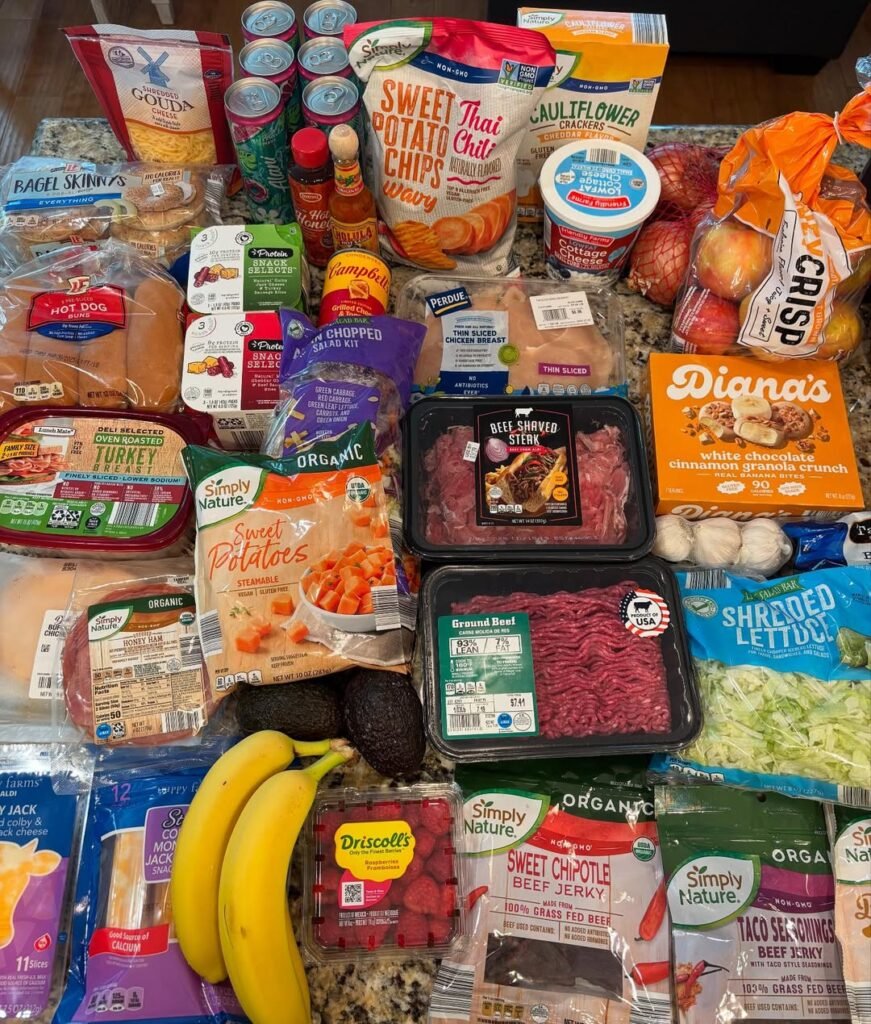For nearly two years, Aldi has been the go-to destination for shoppers determined to keep their grocery bills as low as possible. With its no-frills approach, German efficiency, and relentless price competition, Aldi carved out a reputation as Britain’s undisputed cheapest supermarket. Yet, as of July 2025, the supermarket landscape has shifted: Lidl has overtaken Aldi to claim the coveted title of the UK’s cheapest supermarket, according to the latest data from respected consumer group Which?.
What Prompted the Change?
While supermarket price rankings may seem trivial, for millions of British families they are a lifeline amidst persistent cost-of-living pressures. Food inflation in the UK remains stubbornly high, hovering around 4%, the highest rate since February of last year. Global supply chain challenges, surges in demand, and unpredictable crop yields have all played a part in pushing prices up. Against this backdrop, many UK shoppers have come to rely on discounters like Aldi and Lidl to help their weekly budgets stretch further.
In July 2025, Which? conducted its regular monthly price comparison, examining the cost of 76 everyday branded and own-brand products across eight major grocers. For the first time in 20 months, Lidl nudged ahead of Aldi. Lidl shoppers paid an average of £128.40 for the basket, or just £128 for those with the Lidl Plus card. Aldi came in at £129.25, making it only £1.25 more expensive—a small difference, but enough to tip the scales.
A Closer Look at the Data
The Which? survey is widely considered the benchmark for grocery price comparison in the UK. Their careful methodology controls for product quality, ensures like-for-like comparisons, and factors in loyalty club prices where promotions are widely available. Unlike some services, Which? avoids revealing their full product list to prevent retailers from gaming the system; the focus remains on transparency and consumer fairness.
Interestingly, for larger shopping trips—such as those involving 192 items—Lidl and Aldi were excluded because their stock is more limited in branded lines. For these big shops, Asda came out cheapest at £474.12, with Tesco at £481.59 and Sainsbury’s at £490.64. But for the smaller, more typical baskets, discounters remain the clear winners.
Why Did Aldi Lose Its Crown?
This shift is not merely about headline-grabbing price reductions. Both Lidl and Aldi have responded to cost pressures in different ways. Analysts suggest that Lidl’s aggressive drive to extend its range of special offers, loyalty discounts, and promotional pricing has enabled it to undercut Aldi on key items like bread, milk, and cheese. Loyalty app users at Lidl now gain access to extra savings, giving budget-conscious shoppers even more incentive to switch.
Aldi, by contrast, has faced criticism for sporadic price hikes on staple items and less consistent use of loyalty schemes. Recent months saw minor increases in the cost of certain household essentials at Aldi, which added up in the overall rankings and contributed to Lidl’s win.
The Response from Aldi and Retail Experts
Aldi has been quick to point out that it remains fiercely competitive, highlighting its continued investment in UK stores and commitment to keeping prices low. A spokesperson reiterated, “Aldi will not be beaten on price. Our mission remains to save shoppers as much money as possible on their weekly shop.” Retail experts, however, note that even tiny price fluctuations can make a significant difference for millions of families struggling with high food inflation and rising household costs.
Reena Sewraz, retail editor at Which?, commented, “Households are still contending with high food prices, but our analysis shows it pays to shop around. Simply choosing one supermarket over another could save you up to 25% on your food bill.”

What Does This Mean for UK Shoppers?
For many, this change is a reminder to remain vigilant and flexible with where they shop. The cost gap between Aldi and Lidl may seem narrow, but over a typical year, even a difference of £1.25 a week could add up to more than £60 in savings—enough for several extra family meals. As loyalty schemes and special offers become ever more important, UK shoppers may need to juggle between discounters, traditional supermarkets, and their preferred loyalty cards more than ever.
Looking Ahead
Will Aldi strike back and reclaim its crown, or will Lidl consolidate its status as the UK’s cheapest supermarket? With continued competition, shoppers stand to benefit most from the ongoing price war. As the cost-of-living crisis persists, the importance of supermarket choices—and the price leaders among them—is only set to grow.
For now, Lidl stands proudly at the top, a testament to both strategic pricing and the growing sophistication of the UK’s savvy shoppers.
Shoppers’ Reactions: Loyalty Tested and Shoppers on the Move
For many British shoppers, the news of Lidl becoming the cheapest supermarket triggered a wave of interest across social media and online forums. Many shoppers shared their own basket comparisons, highlighting savings not just on essentials like milk and bread, but on fresh produce and household staples. Several budget-focused bloggers and influencers have switched allegiance, urging followers to consider Lidl first for their weekly shop. A shopper from Manchester commented, “It’s only a couple of pounds here and there, but it adds up – and with Lidl’s offers, my family can buy a bit more each week.” With the cost-of-living crisis far from over, these personal stories reinforce the practical savings tied to supermarket choices.
Conclusion:
The shift in the UK’s cheapest supermarket title from Aldi to Lidl marks a notable moment for shoppers and the retail industry alike. Lidl’s focused expansion, competitive pricing, and improved product lines have given it the edge in a challenging economic climate. For millions of British households, such changes mean the potential to save more on their weekly grocery bill. As the cost-of-living crisis continues, shoppers benefit from a market where discounters push each other to keep prices low, reminding everyone of the real value in shopping around.
Read More: Kelley Mack: Remembering a Rising Star
